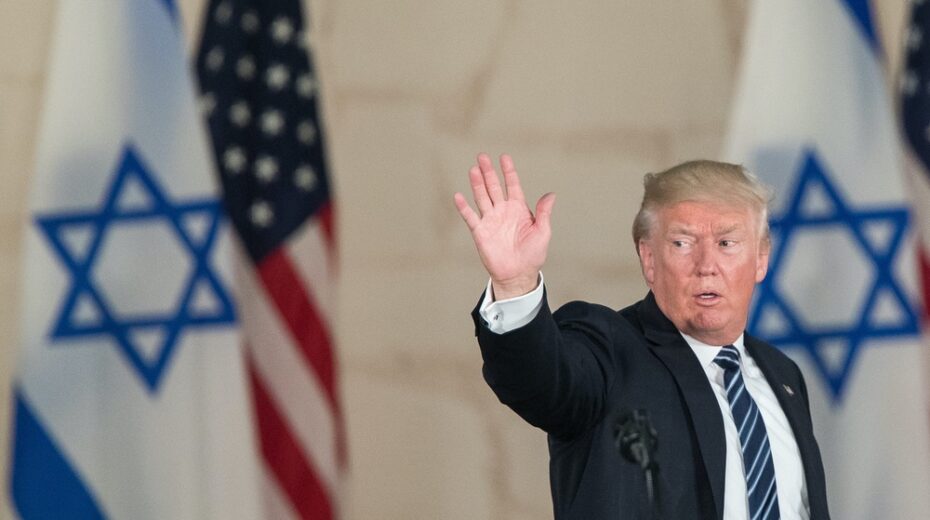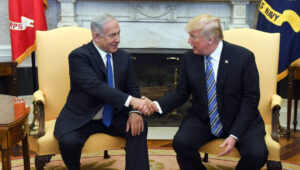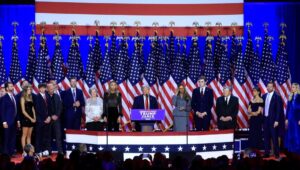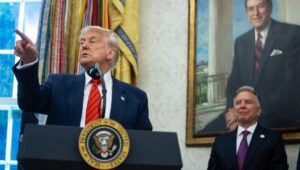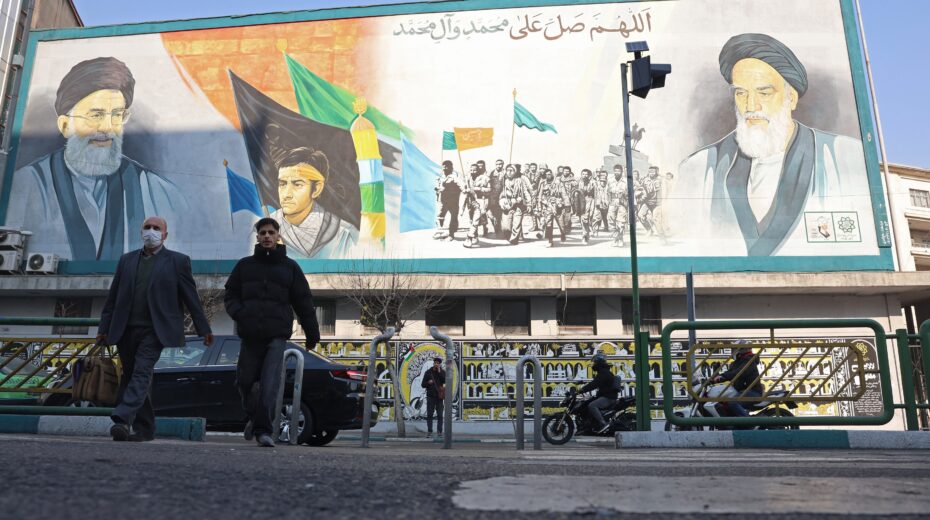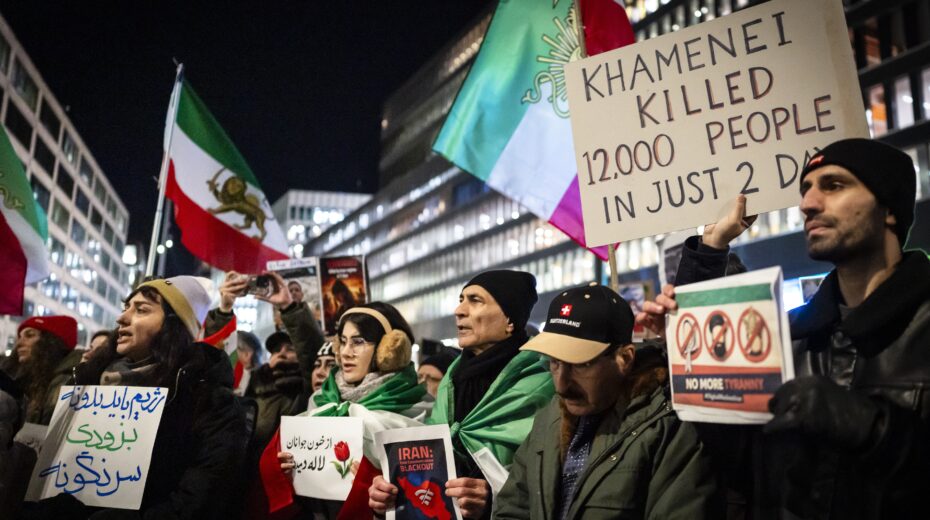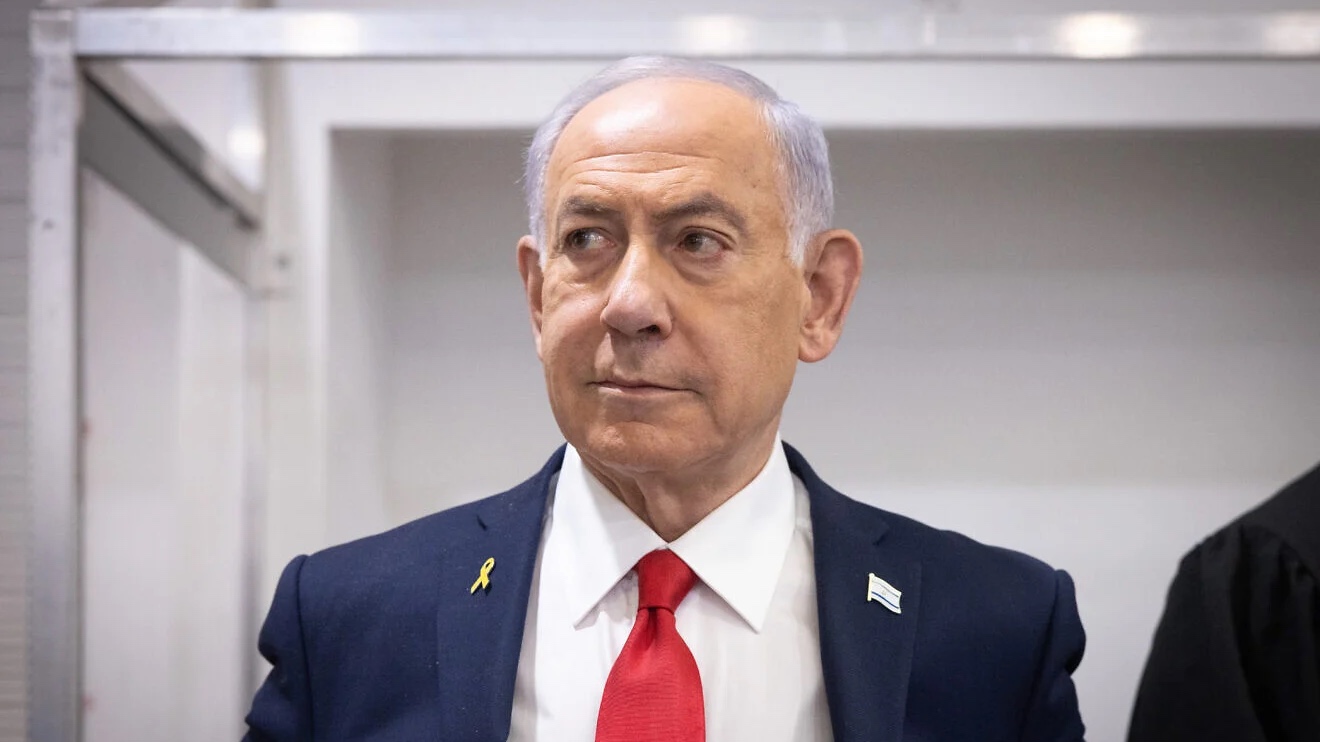The decision by tech giants Twitter, Facebook, Apple and Google to silence US President Donald Trump and some of his followers has Israelis agitated.
Not because of what the move portends for far-right voices in Israel, though that is also an issue that Israel Today columnist Tsvi Sadan touched on in “Capitol Riots Strike Fears and Hopes in Israel.”
What’s got Israelis all across the political spectrum frustrated is the fact that the Jewish state has for years been pressing Facebook and Twitter to ban incitement to violence against Israel from the likes of Iran, Palestinian terror groups and others. But the response has always been that freedom of speech must be protected.
Explain to me, how is it that President #Trump can be suspended from @Twitter, but the President of Iran, @khamenei_ir, who literally calls for genocide of Israel, violence to Americans and denies the Holocaust, is allowed to stay on?
cc. @TwitterSafety @Policy @jack pic.twitter.com/gBywZO0TCI
— Arsen Ostrovsky (@Ostrov_A) January 9, 2021
During a Knesset hearing in July 2020, a Twitter representative told Israeli lawmakers that tweets by Iranian Supreme Leader Ayatollah Khamenei calling for the elimination of the “Zionist regime” were legitimate “comments on political issues of the day.”
I kid you not! At Knesset hearing on Antisemitism, @Twitter rep tells me they flag @realDonaldTrump because it serves ‘public conversation’, but not Iran's @khamenei_ir call for GENOCIDE, which passes for acceptable 'commentary on political issues of the day'. cc. @CotlerWunsh pic.twitter.com/AXwjkrvlql
— Arsen Ostrovsky (@Ostrov_A) July 29, 2020
So why is Trump different?
Comparatively speaking, even if Trump’s tweets can be directly linked to the Capitol riots and other acts of violence, he never explicitly called for such, unlike Iran and the Palestinian terror groups. Also by way of comparison, the acts of violence in the US have resulted in far fewer casualties than have the acts of violence against Israel incited by Khamenei, the Muslim Brotherhood and Fatah.
An Internet survey taken by Israeli newspaper Ma’ariv suggested that most Israelis see Twitter’s move as entirely political. Fifty-seven percent of respondents said that cutting off Trump was an unjustified effort to silence a political voice. Forty-three percent said they support Twitter’s decision to block the president’s “problematic rhetoric.”


